We are starting to see a steadily growing number of Amazon merchants supplying genuine products being suspended with the reason given that they are suspected counterfeits and it looks like in increasing reason is growing adoption of the Amazon Brand Registry and increasing instances of Brand Gating.
The issue is growing as ever more manufacturers sign up to the Amazon Brand Registry and when they do they gain the ability to monitor who sells against ‘their’ ASINs. Often, as was the case with Apple, they may insist that only authorised retailers be allowed to sell their products on the Amazon marketplace. In other instances it’s a little less clear who is and who isn’t allowed to sell the brand’s products.
What is Brand Gating?
Brand Gating is an unofficial by commonly used term when a product is restricted to a few authorised sellers. What it effectively means is that all other sellers will be blocked from listing the products on Amazon. In order to sell, you’ll need permission from the brand.
In other instances, the retailer may be a member of the Amazon Brand Registry so that they can control the product information on Amazon but are more relaxed about which retailers are eligible to list against their ASINs. This mix of Brand Gating and Brand control is where sellers sometimes get caught out – it’s not always easy to tell if you are allowed to list a brand or not and those sellers who widely source a variety of changing products rather than specialising on a few lines are most likely to be caught out.
How are sellers getting caught out with Brand Gating on Amazon?
An increasing number of Amazon merchants are reporting that they source genuine products, list them against an existing Amazon ASIN, and then find that their account is limited due to the brand reporting their products as potentially counterfeit.
What appears to be happening is that counterfeiters circumvent the brand gating by creating duplicate ASINs and listing against them. It’s no surprise, bearing in mind that there is supposed to be only one ASIN per product on Amazon, that once the duplicate ASIN is listed that innocent merchants with genuine products sometimes list against them. What they happens is that the brand does a sweep of Amazon and reports all merchants selling against duplicate ASINs to Amazon.
Brands don’t tend to assert that the products are definitely counterfeit, normally they’ll use terminology such as “a high risk of counterfeiting” as they are circumventing the brand gating. Amazon, never shy in protecting consumers, aren’t slow to act and as soon as the report comes in they’ll pull the ASIN and suspend merchants until they can prove that their products are genuine.
The only solution is to to exercise care when listing new lines on Amazon and regularly check to see if historic brands you’ve sold in the past become members of the Amazon Brand Registry. If you’re cleared to list against the main ASIN for the products you sell then you shouldn’t see any issues. But, if you intentionally or accidentally list against a duplicate ASIN or set one up then there’s an increasingly high chance that your Amazon account could be suspended.
What happens if you circumvent Brand Gating?
If you, accidentally or purposefully, circumvent Brand Gating then it is unlikely that the Brand will retract their complaint to Amazon against you. As far as they are concerned, if you circumvent their Brand gate then that is what they are reporting you for and against that there is little defence. Amazon will stand by the manufacturer and with the high risk that counterfeiters could also be listing against duplicate ASINs is enough for them to suspend your account.

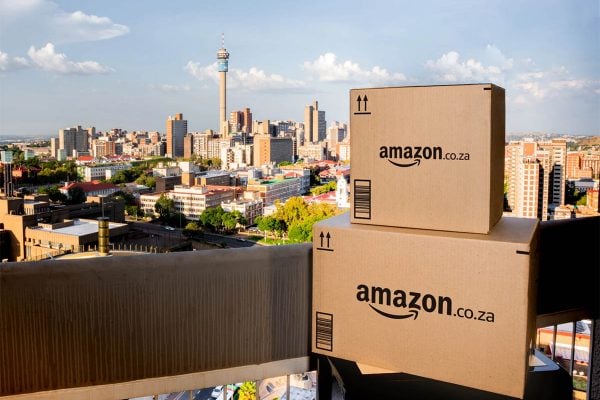


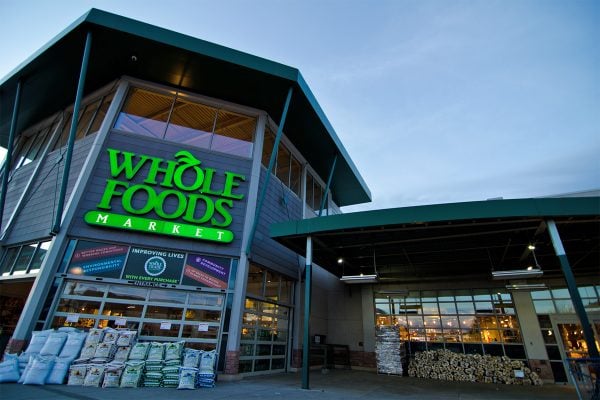
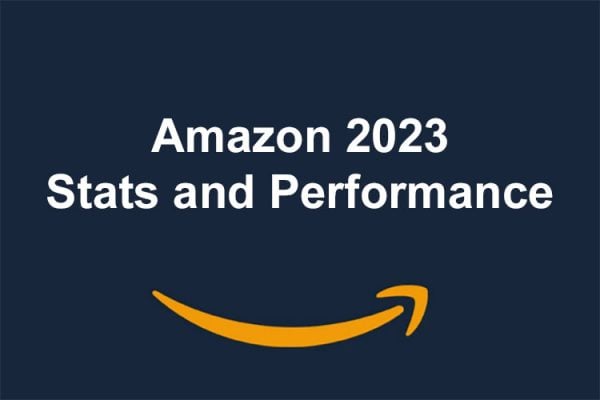

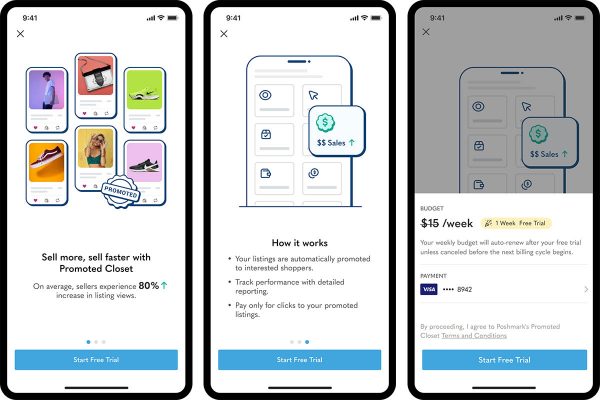

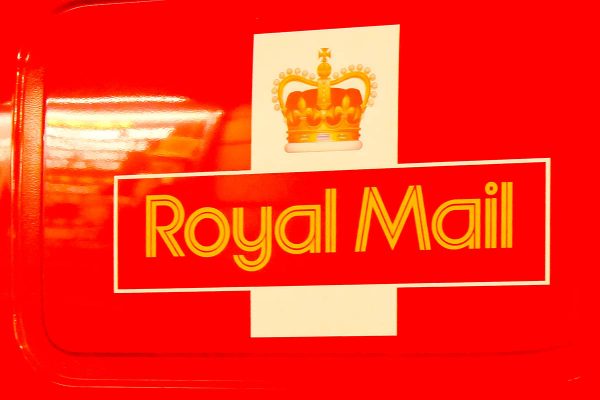
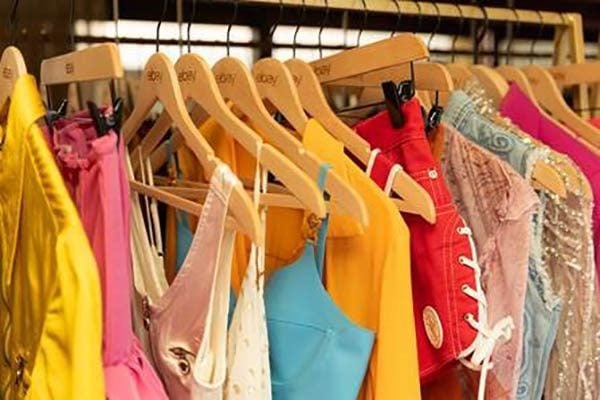
3 Responses
I have submitted verbal and written evidence to an EU enquiry exactly on this. I have never knowingly used a duplicate ASIN and all my products are genuinely sourced. However, even when I use what I am sure is the correct ASIN, when a manufacturer or it’s agent makes a complaint Amazon routinely blocks without any redress. My evidence to the EU enquiry is that Amazon should have confirmation from the Brand before suspension that the brand has contacted the seller and the seller would not or could not provide clear evidence of genuine purchase having been given reasonable time to do so.
What has to be remembered of course is that it is a potentially anti-competeive action by the brands if they are simply trying to remove competition in the market. In my experience this is particularly so when a brand complains that a seller is in contravening a Selective Distribution Agreement (SDA). Often, in my view as a retired lawyer, these claimed SDAs are unlikely to be enforceable in law. Amazon of course does nothing on that, it simply blocks the seller. All that I can say is that both the EU and individual countries are waking up to how it is possible for this sort of action and inaction can reduce competition to the cost (literally) of it’s consumers and honest traders.
Could someone advise on the law where a seller lists an item using a UPC code registered to someone else.
UPC codes clearly are leased from GS1 to one person. Only they can create products.
Yet Amazon is awash with fake codes and when sellers add their brand to the fake/bought codes and are upholding infringement claims by sellers who list against the asins even though in my opinion only the UPC owner (GS1 registered) can have any rights